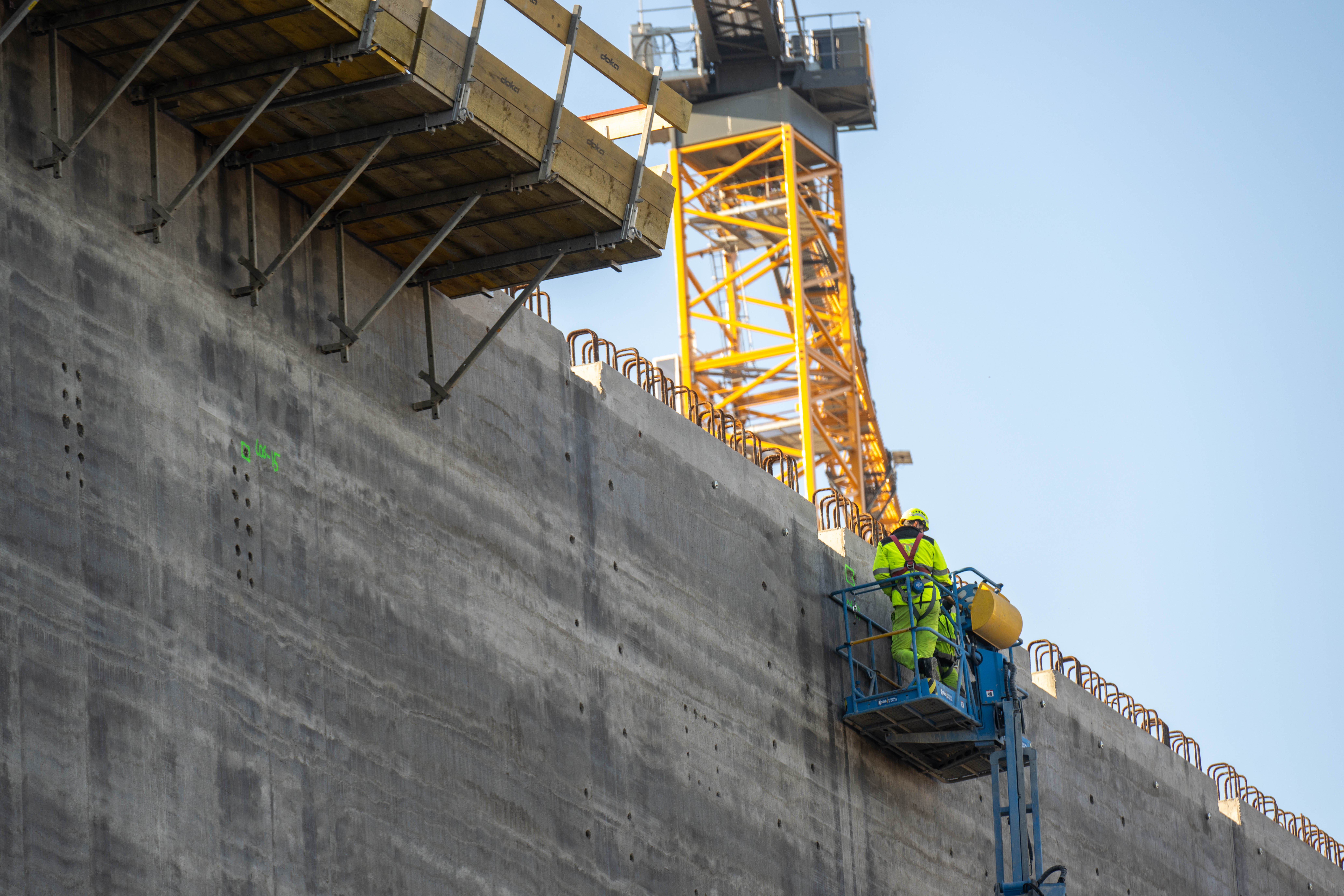Future of North Sea energy island in limbo as government delays decision

The Belgian government has postponed its decision on the development of the Princess Elisabeth energy island in the North Sea, Energy minister Mathieu Bihet announced on Monday. The government wants to take a few more weeks to examine all the scenarios and to continue discussions with the partners involved.
Concerns about the project have been mounting since late last year when it emerged that the cost of the island, which will serve as an energy hub for offshore wind farms, had soared. The estimated cost has risen from 2.12 billion euros in 2021 to between 7 and 8 billion euros now.
While construction has already started, grid operator Elia decided in February to postpone the signing of the most expensive part of the contract - the direct current infrastructure. The ball is now in the government's court, which believes it needs more time to make a decision on the project's future, Bihet said.
"We are faced with a sharp increase in costs and a lack of clarity about some past decisions, the consequences of which we are now bearing," he said. "We want to avoid hasty decisions that would have serious economic consequences for citizens' energy bills and the competitiveness of our companies."
"We are faced with a sharp increase in costs and a lack of clarity about some past decisions"
Bihet said the government would take the time to "examine all available alternatives to ensure an optimal cost-benefit analysis". Meanwhile, consultations will continue with the project's partners, such as energy regulator CREG, the administration and grid operator Elia.
Former Energy minister Tinne Van der Straeten defended the project late last year, saying that delaying it could jeopardise Belgium's energy security for decades. If completed, the island could supply up to 30 per cent of Belgium’s electricity by 2030.
© BELGA PHOTO JONAS ROOSENS
Related news
